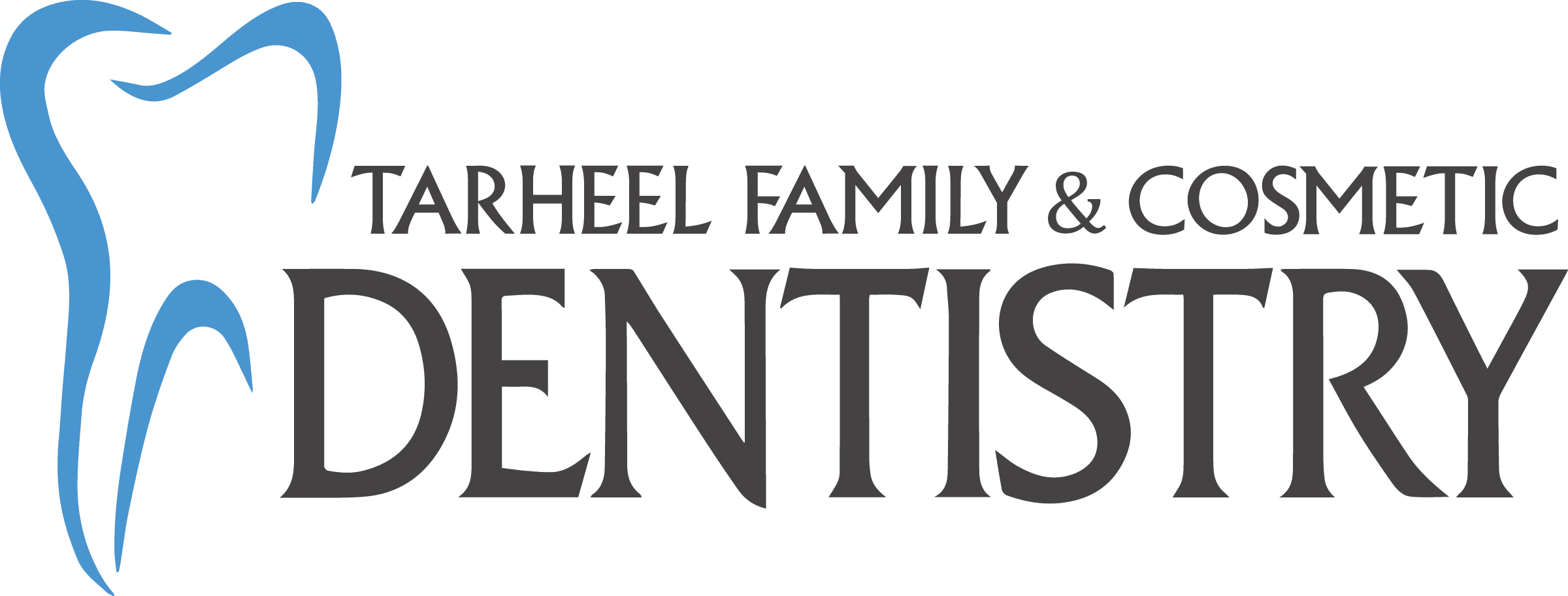 Many patients suffering from frequent jaw pain or tension headaches often do not realize that they should talk to their dentist about these concerns. Jaw pain and tension headaches are often symptoms to underlying dental concerns effecting the amount of pressure applied to your jaw joints when you are chewing or speaking. If you experience frequent jaw pain or tension headaches, learn the answers to frequently asked questions regarding these concerns, as well as treatment options for TMJ disorders, below:
Many patients suffering from frequent jaw pain or tension headaches often do not realize that they should talk to their dentist about these concerns. Jaw pain and tension headaches are often symptoms to underlying dental concerns effecting the amount of pressure applied to your jaw joints when you are chewing or speaking. If you experience frequent jaw pain or tension headaches, learn the answers to frequently asked questions regarding these concerns, as well as treatment options for TMJ disorders, below:
What causes jaw pain?
There are many reasons why you may be experiencing jaw pain. If you’ve had a recent dental procedure, have experienced facial trauma, or have a history of teeth grinding, all of these are leading causes of jaw pain. Pain resulting from a dental procedure should subside a few days following your initial appointment. If it does not, contact your dentist. Facial trauma causing jaw pain could mean that there are dental damages which need to be evaluated by a dental professional as soon as possible. Having a history of teeth grinding or jaw clenching leads to jaw pain, and often the development of a TMJ disorder, because your dental structures and jaw joints have experienced an unusual amount of pressure, resulting in a range of symptoms including jaw pain and tension headaches. Regardless of the cause of your jaw pain, you should have a dental professional evaluate your smile to determine if there is anything they can do to reduce the frequency of your symptoms.
What is a TMJ disorder?
A TMJ disorder is any discomfort or injury associated with the temporomandibular joint of your jaw. This joint is the main joint utilized when you are opening and closing your mouth. When this joint becomes injured or inflamed, you may experience symptoms like jaw pain, tension headaches, earaches, a popping or clicking sound every time you open and close your mouth, neck and shoulder tension, or muscle spasms. It’s important to let your dentist know if you have experienced any of these symptoms outside of the dentist’s office so that they can offer you a treatment plan that best meets your needs. TMJ treatment plans are dependent on the underlying cause of your disorder. Your dentist will thoroughly consult with you, evaluating the current condition of your teeth, gums, and jawbone, to determine the underlying cause of your TMJ disorder.
What are my TMJ treatment options?
Your TMJ treatment options will depend on the cause of your TMJ disorder. Common dental concerns that lead to the development of TMJ disorders include bruxism, missing teeth, damaged teeth, or orthodontic concerns. For patients with a history of bruxism, or teeth grinding, we can provide you with an oral appliance to wear at night, which will prevent you from grinding your teeth while you sleep. For patients with missing or damaged teeth, which impact the effectiveness of your bite pattern and place additional tension on your jaw joints, we can provide you with restorative dentistry solutions to rebalance your smile. For patients with orthodontic concerns impacting their bite pattern, we can provide SureSmile clear braces to discreetly and effectively straighten your smile. For more information on your TMJ treatment options in Chapel Hill, NC, please schedule an appointment with Tarheel Family & Cosmetic Dentistry online.
